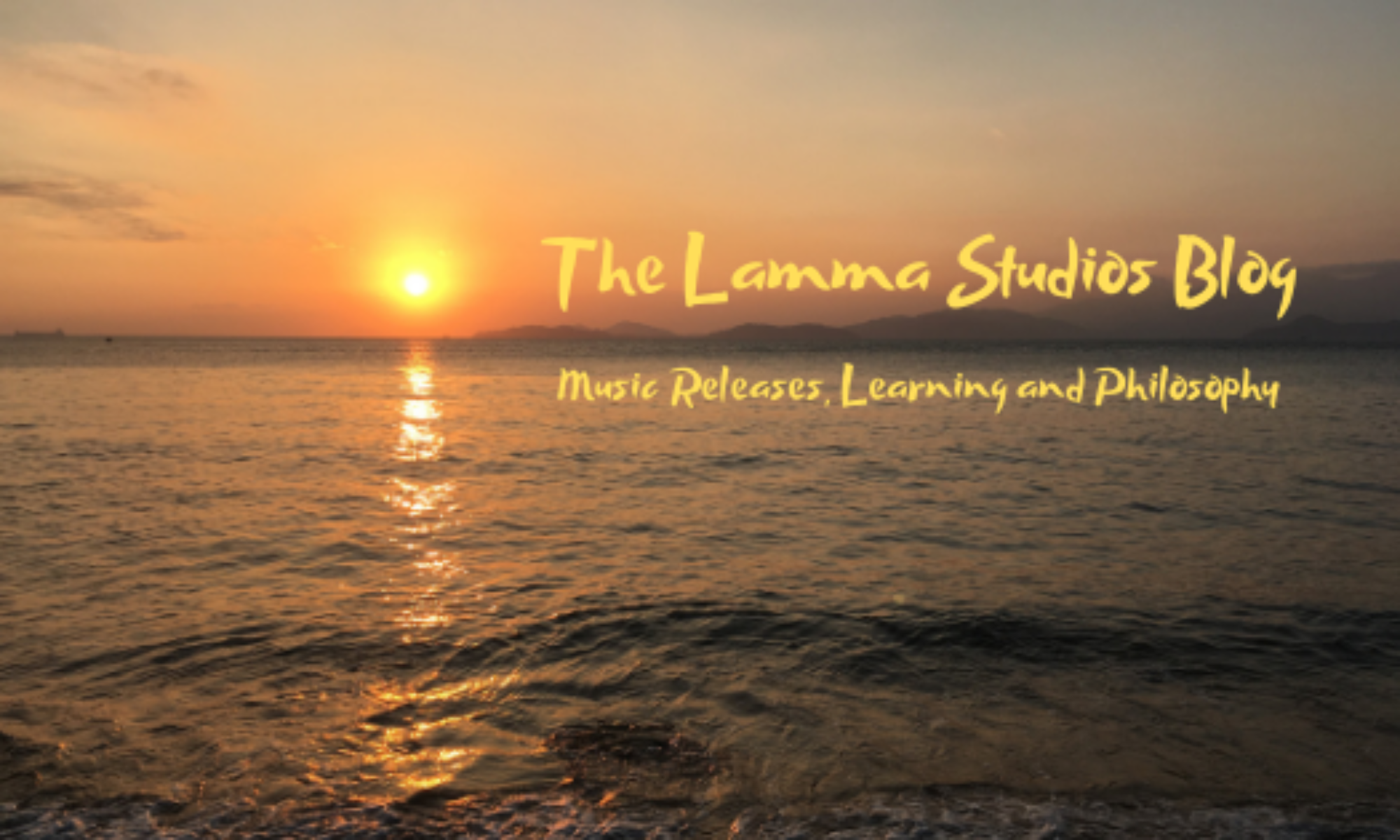This article is a reprint from Joshua MacCluer’s blog from December 24, 2013.
For Christmas I am happy to share this video of Schubert’s An Silvia. A very nice art song from the master of the genre, the original words were in English by Shakespeare. As a big fan of both Schubert and the Bard I quite enjoy playing this song.
Joining me on piano is my (trumpet) student from the HKAPA, John Shum. He is a talented guy who plays trumpet and piano and also sings. In my opinion this kind of all-around musicianship can only help one succeed in music. Let me ruminate on the benefits of playing other instruments.
First the piano. Young trumpeters, if you have any piano chops, keep them up and try to play piano regularly. It enables you to learn much more about the music you are playing. Understanding of the underlying harmony and rhythm and the other lines being played is of critical importance for full understanding of a piece of music. Simply knowing the trumpet part is not enough to play the part well. You have to know when to play, what style to play in, and how to balance your part correctly. In his inspiring brass rep classes at Oberlin years ago, Rex Martin taught us that among the many good technicians of instrumentalists, auditions are usually won by those who know the music the best.
Playing piano gives one the ability to much more deeply explore the music we are supposed to be performing. Trumpeters, in all honesty, when you are plying some loud “important trumpet solo” passage, how aware are you of what the rest of the orchestra is doing? Are there counter melodies that you know well enough to sing? What are the violas doing there? Timpani? What happens right before your entrance? Right after you finish?
That kind of detail certainly can help a trumpeter play better in tune, in better rhythm, with better phrasing and with more appropriate dynamics and sound concept on any piece of music. This will make a difference in a career, I promise. There’s a reason why Peyton Manning studies the playbook and film so obsessively. He learns more about the playbook every time he studies it. Detail matters. Piano helps you learn those details.
It also is nice to be able to accompany other musicians. We as trumpeters get such little opportunity to play regular music. Usually we sit around, play some loud long notes stuff or a bunch of tonics and dominants. When I played 2nd trumpet in Saint Louis, I would go months without having a full musical phrase to play on the job. Brass players are quite behind in their life development of basic phrase-making vs. violinists or singers, who play real musical phrases every day, and have been for years and years. A little piano playing can help you close this musicianship gap.
Another option to dramatically improve musicianship that is available to us all is to sing. No lessons or instrument required. The reason is quite simple: since there is no instrument, there is less technical obstruction to musicianship. It is much easier to experiment with musical ideas by singing first. It’s easy on the chops, makes the same neural connections, and much much easier. This is even more important advice for jazz players, for them singing (and piano playing) is an absolute necessity. Singing for a tape recorder is a great way to capture brand new ideas and extend your jazz vocabulary and expressiveness by leaps and bounds.
How good is your phrasing? A good litmus test is to play for a singer or violinist and ask what they think of it. They don’t care about your chops, they’re not impressed by loud high notes and they don’t know that it’s hard to play soft and slow. They will just listen for music. If they like what you’re doing then you are ahead of 90% of trumpet players. Show me a trumpeter that string players or singers express admiration for and I will show you a trumpeter that sings through the instrument.
In my practice and study of music, I listen to and try to emulate singers as much as possible. I listen to them much as often than trumpeters. Some of my favorites classical singers include Domingo, Fischer-Dieskau, Sylvia McNair, Christine Brewer, and Jussi Björling. Listen, repeat, listen, repeat, that is the way to learn from these masters. I was also quite inspired by Matthias Goerne’s appearance with the HK Phil where he sung this Schubert with some of the most effortless and beautiful tone production I have ever heard from a singer.
One project that I did which I enjoyed immensely was working through the Arban Art of Phrasing while listening to vocal performances of those tunes. Most of them are songs from popular contemporary opera at the time, and I looked on Youtube for singers singing all those songs. I listened, played, listened, played, listened, etc. This was great fun and did wonders for my phrasing and general musicianship. This one is much more enjoyable than my 100 Rep Ballerina’s Dance Workout.
This brings me back to this beautiful Schubert song, the result of years of work on vocal playing which will continue for many years to come. Thanks also to Marie Bouveron for the fine cameraword and video editing. I will leave you with the music and Shakespeare’s words, from from Two Gentlemen of Verona, Act IV, Scene 2.
Who is Silvia? what is she,
That all our swains commend her?
Holy, fair and wise is she;
The [heavens]1 such grace did lend her,
That she might admiréd be.
Is she kind as she is fair?
For beauty lives with kindness.
Love doth to her eyes repair,
To help him of his blindness,
And being helped, inhabits there.
Then to Silvia let us sing,
That Silvia is excelling;
She excels each mortal thing
Upon the dull earth dwelling;
To her let us garlands bring.

